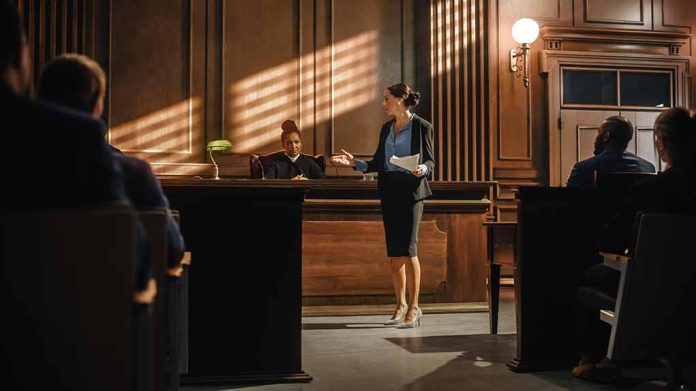
(UnitedHeadlines.com) – On March 21, a federal judge denied an attempt to overturn a Washington, D.C., law that allows noncitizens to vote in municipal local elections.
Judge Amy Berman Jackson wrote in her 12-page opinion that because the plaintiffs could not show how noncitizens voting and running for local office harmed them, their challenge to the law lacked standing.
Jackson wrote that the complaint does not show anything that “has been taken away or diminished” or that any of the plaintiffs’ rights “has been made subordinate to” someone else’s. She wrote they have not shown they have been disadvantaged in any way “as individual voters” because noncitizens are allowed to vote.
The lawsuit was filed by the plaintiffs, who are represented by the Immigration Reform Law Institute (IRLI), after the D.C. Council passed the Local Resident Voting Rights Act in October 2022. According to the law, a noncitizen can vote in local elections if they are otherwise qualified to vote, as long as they have lived in Washington, D.C., for more than 30 days. Court documents show that the law also permits noncitizens to serve on the city’s Board of Elections and run for local government office.
After the D.C. Council passed the law, Congress tried unsuccessfully to overturn it.
According to the IRLI lawsuit, the vote of every Washington, D.C. voter is a citizen is diluted by allowing noncitizens to vote. The lawsuit argued that the law is subject to review under the Constitution’s Fifth Amendment Due Process Clause.
The plaintiffs had requested an injunction be issued that would block the law from going into effect, preventing noncitizens from being registered to vote or their votes being counted.
The IRLI said it will appeal the decision. IRLI Director of Litigation Christopher Hajec said, “This case is only just beginning.” He added that this law, and others like it, threaten “the very notion of our nation’s independence.”
In December 2021, New York City passed a similar bill that included a 30-day requirement. In June 2022, a New York judge ruled the law violated the state’s constitution and therefore was illegal. A state appeals court upheld the ruling.
Copyright 2024, UnitedHeadlines.com














